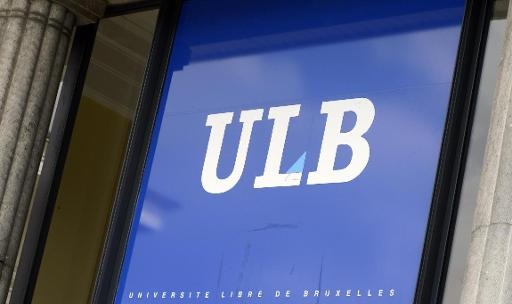The fact that different children go to different schools prevents students from disadvantaged environments and/or immigrant children from having the same educational opportunities as other students, the Research Group on Ethnic Relations, Migration and Equality, GERME, of the Brussels Free University warns. The research group on Thursday published an analysis of results obtained by Dutch- and French-speaking students at the Programme for International Student Assessment (PISA) 2015 tests. Their study, commissioned by the Fondation Roi Baudouin (King Baudoin Foundation), confirms an observation made years ago.
"Flanders and the Wallonia-Brussels Federation do not appear to succeed in going beyond the observation (of social segregation – editor’s note) and combatting this structural ill that subjects disadvantaged and immigrant students to a double handicap: in addition to the obstacles stemming from their origins, they find themselves concentrated in schools that do not make them advance,” GERME stressed in a press release.
Social segregation can be socio-economic, with more privileged students remaining together or it can be linked to performance, with students in difficulty packed into the same schools.
Economic segregation in Belgium is comparable to that of other countries. However, segregation linked to performance is higher than elsewhere, GERME and the Fondation Roi Baudoin said in a video clip released on the occasion of the study. Moreover, the two types of segregation are linked: schools with poorer students tend to take in more students in difficulty. Segregation also stems from “the directing of weaker students towards vocational education, the weak social diversity in schools and the excessive practice of making students repeat classes”, according to the GERME study.
Education should serve as an elevator taking students upward, enabling them to discover and develop their talents, but it functions like a hot-air balloon; you have to get in and make sure you are not jettisoned like ballast, the organizations note in the video clip.
Yet, “international comparisons show that it is possible to provide education that grants more egalitarian access to students from different socio-economic and cultural environments while maintaining a high level of performance,” GERME and the Foundation conclude.
The Brussels Times

